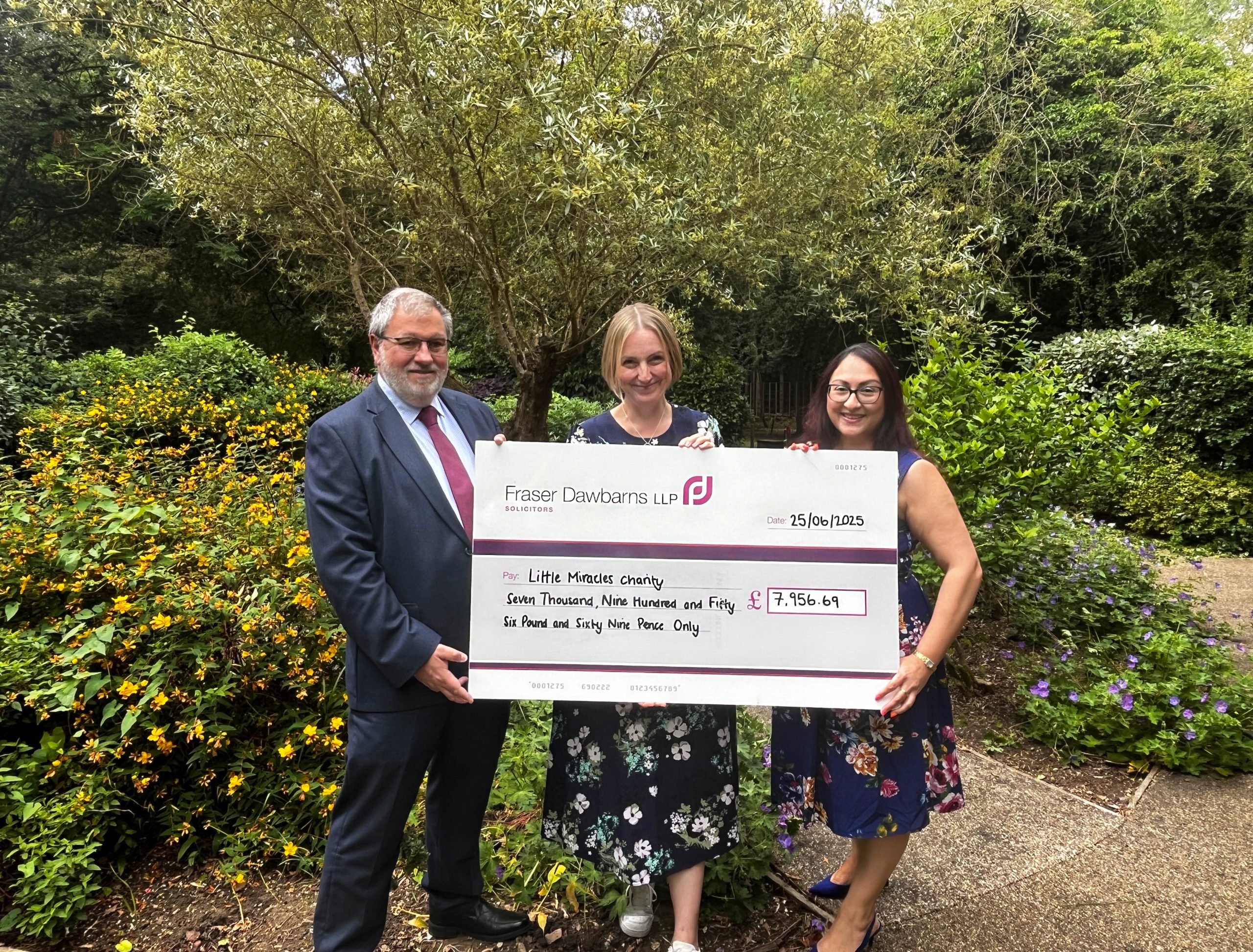Marriage And the Importance of Making a Will
As lockdown restrictions are eased and life returns to normal, many people whose weddings were delayed by the pandemic are once again planning for their big day. Drawing up guest lists, finding a venue and deciding on a theme are a part of most people’s preparations, but not everyone thinks about making a Will.
If you already have a Will, this is automatically invalidated as soon as you marry. If you do not make another Will before your death, you will be considered to have died intestate (without a Will) and your estate will be divided according to strict Intestacy rules.
Under the Rules of Intestacy, your spouse will inherit the first £270,000 of your estate. The remainder is then divided between your spouse and your children, with your spouse inheriting half of this and the other half being split equally between your children. Therefore, if your estate is worth £500,000, your spouse will inherit £385,000 and your children will share £115,000.
Stepchildren and foster children are not included under the Intestacy rules, and the only way to ensure they will be provided for according to your wishes, is by making a Will.
It is possible to make a Will ‘in contemplation of marriage’ which will not be revoked after the wedding takes place. A Will in contemplation is usually made before a wedding and cannot be made if you do not know who you are going to marry, as your intended spouse needs to be named in the Will.
The alternative to making a Will in contemplation is to make a Will after the wedding. This is not an ideal option for people who always like to have a Will, as there will be some time after the marriage and before the Will is finalised, where you will be unprotected. As weddings do not normally happen at short notice, it is sensible to include making a Will in contemplation of marriage as part of your wedding preparations.
If you are not getting married for the first time, be aware that remarriage still affects your Will in the same way. After the wedding, your previous Will is invalid, and your new spouse will become your main beneficiary. If you have children by a previous marriage and you want to ensure they are provided for beyond the Intestacy provisions, a Will is the best way to guarantee this.
This information is specific to the laws of England and Wales. If you have a foreign Will that covers assets in another country, we strongly recommend speaking to a lawyer from that country as the laws relating to Wills and Estates can vary significantly between countries.
It is not the most exciting part of planning a wedding, but it is nevertheless very important to understand how marriage will affect your current Will, and what the Rules of Intestacy will mean for you if you die without a valid Will. If you are newlyweds who have not yet made a Will or you are still planning your big day, speak to the Wills and Estates team at Fraser Dawbarns, we will be happy to help you prepare for your future together.
Find out more about our Wills services
Read our ‘Making a Will’ Leaflet
This article aims to supply general information, but it is not intended to constitute advice. Every effort is made to ensure that the law referred to is correct at the date of publication and to avoid any statement which may mislead. However, no duty of care is assumed to any person and no liability is accepted for any omission or inaccuracy. Always seek advice specific to your own circumstances. Fraser Dawbarns LLP are always happy to provide such advice.
Related Articles
Recommended By The Legal 500 Directory*
*We are recommended for the following practice areas: Corporate and Commercial, Debt Recovery, Employment, Personal Injury: Claimant, Agriculture and Estates, Contentious Trusts and Probate, Family, Personal Tax, Trusts and Probate & Commercial Property.
ServicesContact
















